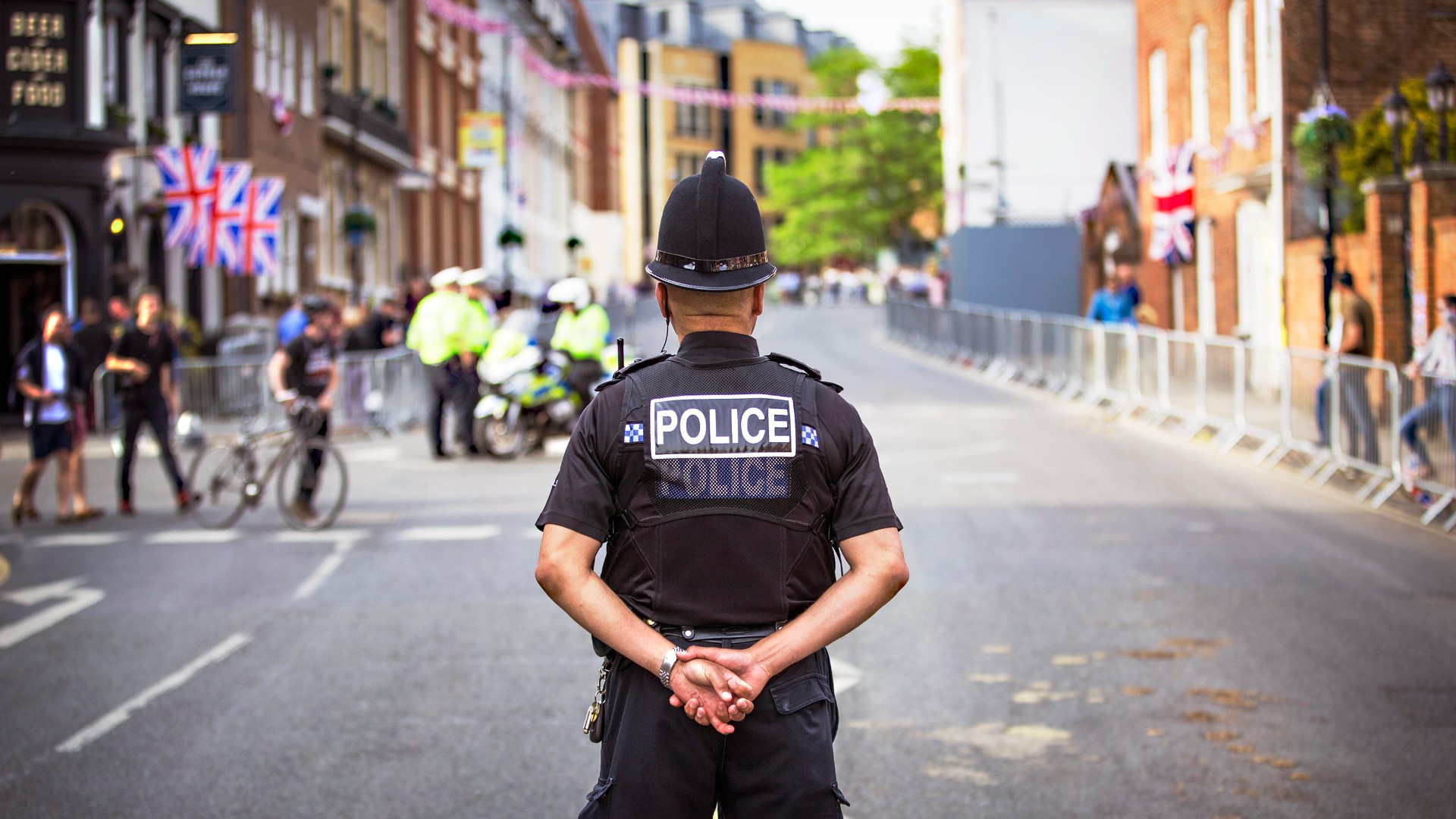Kneecap Member Charged Terrorist Offence – What Constitutes a Terrorism Offence?

Recent headlines have brought terrorism legislation back into the spotlight, with the Irish-language hip-hop group Kneecap performing in London shortly after one of its members was charged with a terrorism-related offence. The case has prompted questions about what legally constitutes a terrorism offence and the complexities involved in such allegations under UK law.
The Case in Context
On 22 May 2025, Kneecap surprised fans with a performance at the iconic 100 Club in Oxford Street, London. The performance came just one day after group member Liam Óg Ó hAnnaidh, known on stage as Mo Chara, was charged by the Metropolitan Police. The charge relates to an alleged incident on 21 November 2024, in which Mr Ó hAnnaidh is accused of displaying a flag associated with the proscribed organisation Hezbollah during a show at the O2 Forum in Kentish Town.
Kneecap strongly denied the accusation, stating they have never supported Hamas or Hezbollah and do not incite violence. They argue the video at the centre of the allegation was taken out of context. This scenario sheds light on the complexity and sensitivity surrounding terrorism-related charges, particularly in the realms of political expression and artistic performance.
Understanding the Legal Framework
Under the Terrorism Act 2000, a person commits a terrorism offence if they engage in or support actions intended to influence the government or intimidate the public to advance a political, religious, racial, or ideological cause. The Act lists specific offences, including membership of a proscribed organisation and the display of symbols associated with such groups.
Section 13 of the Act specifically makes it an offence to wear or display an article in public in such a way or in such circumstances as to arouse reasonable suspicion that the person is a member or supporter of a proscribed organisation. Convictions under this section can carry serious consequences, even in the absence of violence or incitement.
The Role of Proscribed Organisations
Hezbollah is one of several groups on the UK government’s list of proscribed organisations. It is a criminal offence to support or promote such organisations, and the law is clear that even symbolic gestures—such as displaying a flag—can constitute support.
The proscription of organisations is designed to protect public safety and prevent radicalisation. However, it also raises complex legal questions, especially in cases where symbols, slogans, or gestures may have multiple interpretations or cultural contexts. This complexity often becomes a central issue in the defence of individuals facing such charges.
Freedom of Expression vs Public Safety
The Kneecap case illustrates the fine line between freedom of expression and the need to maintain public safety. While the right to free speech and artistic expression is protected under UK law, this right is not absolute. It must be balanced against the risks posed by hate speech, incitement, and the promotion of extremist ideologies.
Police presence at the Kneecap performance was described as part of a “policing plan” to ensure the event passed off safely. There were no arrests or incidents reported at the venue, and the gig sold out within 90 seconds, highlighting strong public support despite the controversy.
When Charges Are Brought
In this case, Mr Ó hAnnaidh was charged by postal requisition, meaning he was formally notified of the charge by post and summoned to appear in court—Westminster Magistrates’ Court in this instance—on a set date. This is a standard procedure in cases where there is no immediate need to detain a suspect but where a charge is deemed appropriate.
It’s worth noting that being charged is not the same as being convicted. The accused has the right to defend themselves in court, and a successful defence may involve challenging the context, intent, and interpretation of the alleged act.
How We Can Help
At Morton’s Solicitors, we have extensive experience in defending clients against terrorism-related allegations. These cases can be particularly complex, often involving sensitive political, religious, or cultural issues. We understand the gravity of such charges and the serious impact they can have on your life and reputation.
Our team of expert criminal defence solicitors is here to provide clear, strategic, and robust legal representation. If you are facing a charge under the Terrorism Act, or believe you may be under investigation, it is essential to seek immediate legal advice.
Visit our Terrorism Offences page to learn more about our services. You can also reach us via our Contact page or by calling 0161 477 1121.


